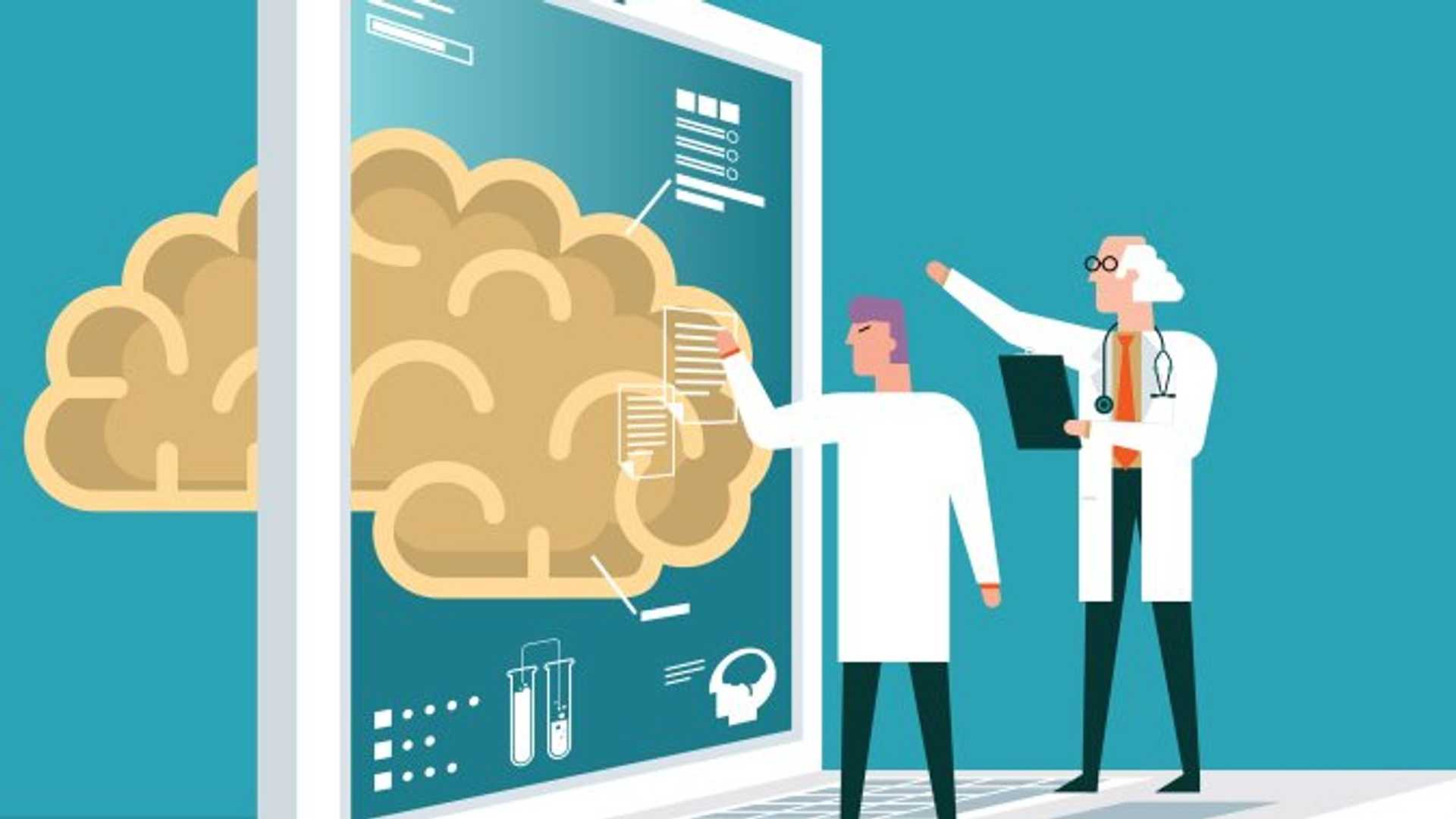A doctor's new sidekick? How ChatGPT may change the role of AI in the healthcare industry
Artificial Intelligence (AI) technology has been integrated into various industries over the years, including healthcare. AI chatbots like ChatGPT have created new possibilities for doctors and patients by providing personalized medical advice through mimicking human conversations.
One of the most popular AI platforms, ChatGPT, has the potential to revolutionize the healthcare industry by helping doctors with paperwork, examining X-rays, and weighing in on a patient’s surgery. The platform is capable of reading photos and generating human-like responses, making it a promising tool for doctors.
According to Dr. Robert Pearl, a professor at Stanford University School of Medicine, the software could become as crucial for doctors as the stethoscope was in the last century for the medical field. He believes ChatGPT will act like a digital assistant, partnering with doctors to help sift through the vast amount of medical knowledge and provide physicians with information that can lead to a diagnosis.
Despite its potential, the current version of ChatGPT is still in its research phase and should be understood as a "toy," as it is only two percent of what is going to happen in the future, said Dr. Pearl.
However, the software’s communication is so effective that a JAMA study published in April 2022 found ChatGPT may have better bedside manners than some doctors. The study compared physician responses and chatbot responses to 195 randomly drawn patient questions and found that respondents rated the chatbot significantly higher for both quality and empathy. On average, ChatGPT scored 21 percent higher than physicians for the quality of responses and 41 percent more empathetic.
Despite the positive attributes of AI chatbots like ChatGPT, there are also risks involved, such as misdiagnosis, data privacy issues, and biases in decision-making. The software is trained on vast amounts of data made by humans, which means there can be inherent biases and even incorrect or nonsensical responses.
It is important to note that physicians vastly outperform computer algorithms in diagnostic accuracy, according to a 2016 research letter published in JAMA Internal Medicine. Physicians were correct more than 84 percent when diagnosing a patient, compared to a computer algorithm, which was correct 51 percent of the time.
ChatGPT is still in its infancy stage, and while it has the potential to be an efficient communication tool for doctors, its pitfalls should be addressed before integrating it into patient care.




















